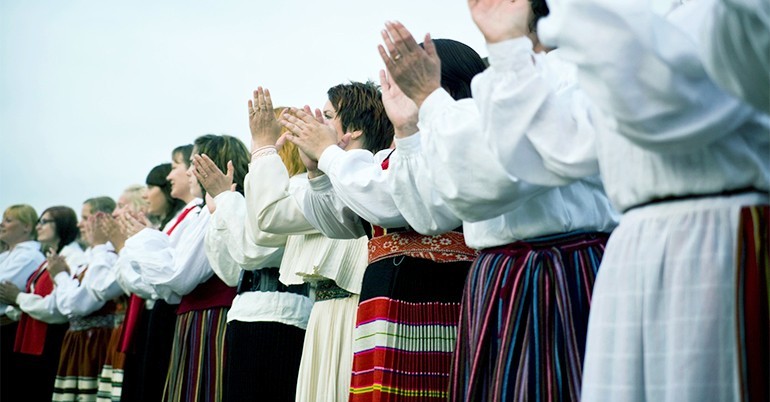Ants Johanson: What connects us?
We have become used to the idea that Estonians are connected by language. A native language is the most nimble tool for a nation for expressing itself and understanding each other, and as a former Estonian language teacher, I naturally concur, yet ... It is not rare to come across an attitude towards the Estonian language as if it was something akin to religion. Or an idol. Something that could be used for labelling people as one of our own or as alien.
Moreover, in some social media debates, having exhausted all other arguments, people start attacking others for their spelling mistakes or incorrect word choices. However, it is not only language – at the end of the day, it is a means, not an end – that connects us; there is much more that makes us Estonian – anyone who considers all things Estonian important is well advised to contemplate on this.
Is it not the case that everything in our lives and around us that we perceive as Estonian is as important as the Estonian language? How we greet each other, how loudly we speak, how we gesticulate (or don’t). How and what we eat. What is expected and permitted and what are our taboos; that is, our customs. What are the songs we sing, the tunes we play and the dances we dance. Or what is our attitude towards nature. For example, why do we care so much about the fate of forests, even if city people rarely go there? It is not merely a wish for things to ‘remain as they have always been’; rather, it is a distant sense that through the centuries, the forest has protected and fed us during difficult times, and this is why forests must be preserved. For example, I personally consider it important for large boulders to remain where they are, that these landmarks are not removed for some reason. It is important for me to remember my grandmother and grandfather, the smells of their home, their difficult fate, and to tend to their graves.
Estonians who have not been born in Estonia or who have not lived there for a longer period may feel differently. However, they have certainly received something of what was described above from their ancestors to a greater or lesser extent. Their Estonian identity may not be expressed in speaking Estonian, especially if the skill has faded in their family some time ago or they do not have the motivation to learn it, but a sense of their heritage and the desire to have that sense may be only imagined – the slightly mystical ancestral land somewhere far away! Is this longing not quintessentially Estonian? The sense of one’s heritage and roots can evolve into a desire and concrete steps to visit Estonia or even become involved with Estonia professionally.
Likewise, a Japanese person can be an Estonian if they wish to live in our cultural space. They will eventually learn to communicate in our language. Necessity helps. Force does not.

Ants Johanson
Member of the board of the Association of Estonian Cultural Societies







